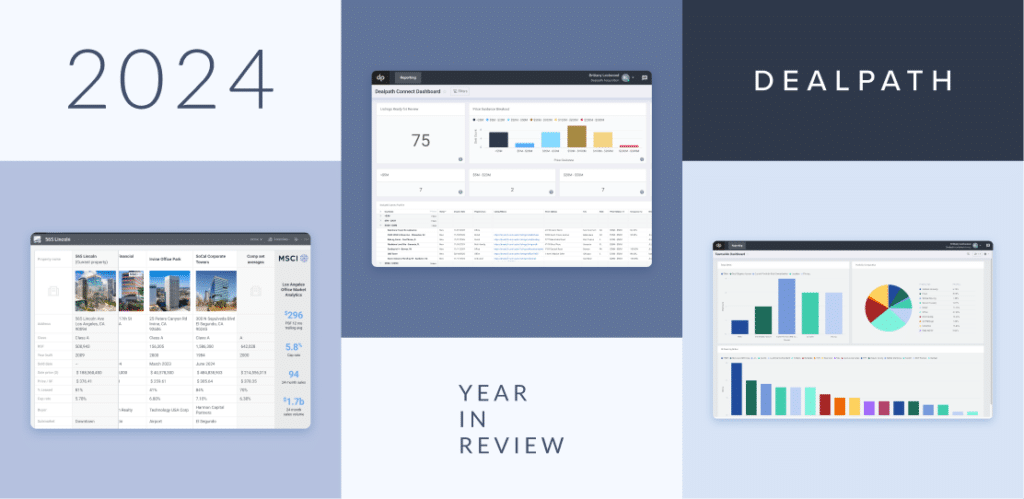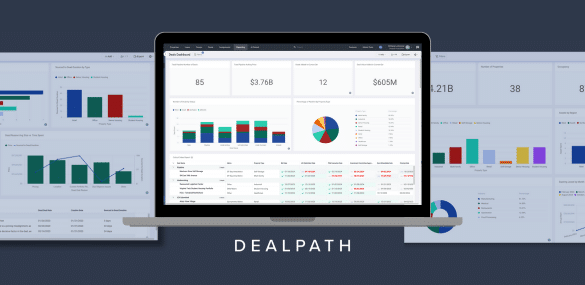Despite two consecutive quarters of negative growth in 2022, experts are split on whether the economy is technically in a recession. Rising prices, tightening monetary policy, and supply chain disruptions are sounding alarms. However, businesses are also faced with another challenge typically uncharacteristic of an economic slowdown: labor shortages.
September estimates pointed to 11 million job openings, yet only 6 million unemployed persons. Labor shortages are affecting every major industry—commercial real estate is not immune.
Many firms are also struggling to attract and retain the talent they need to operate at an optimal level due to the CRE labor shortage. The Counselors of Real Estate recently ranked the labor shortage as the top sixth issue that the commercial real estate industry faces.
The Problem CRE Leaders Face In Today’s Labor Market Is Not Unique
Today’s tight labor market can’t be boiled down to a single cause. The pandemic and the stimulus programs that followed have played a significant role in slowing the return to work. However, a cultural shift has also influenced candidates’ search criteria, even years following the outset of the pandemic.
As companies struggled to find talent to achieve their goals, workers earned leverage. Consequently, candidates gained the ability to be more selective when evaluating offers, considering factors like work-life balance, responsibilities, opportunities, and namely salary requirements.
Macroeconomic issues have also aggravated company concerns around hiring. Rising prices have propped up wage growth by as much as 9% for certain roles. Firms are feeling a dire need for labor, but are also wary, especially as slowing economic activity forces investors to reconsider their strategies.
Building Efficiencies With Tech
Instead of depending on talent to scale, purpose-built CRE technology offers firms an innovative way to fill essential gaps, simplify workflows, and boost productivity by building efficiencies.
CRE tools that organize and streamline data can considerably reduce the amount of time spent searching for critical information. Instead of manually creating one-off reports, digitalization allows deal teams to surface documents and comparables in seconds. With data easily accessible via powerful analytics tools, deal teams can gain clearer visibility to make faster, better-informed decisions throughout the pipeline process.
While simply screening a deal previously took Dermody Properties days, the industrial logistics firm can now review these opportunities in minutes with Dealpath. Empowered by greater clarity and heightened efficiency, firms of all sizes can scale their pipelines without relying exclusively on new hires to manage the additional work.
CRE technology also allows for real-time visibility into deals and data. Readily available enables firms to more easily accomplish their day-to-day pipeline management tasks and ensure deals are on track, reducing errors while empowering more confident decisions.
Deal management platforms like Dealpath also reduce the need for administrative tasks, such as duplicative data entry. Greater focus on higher-value tasks means firms can enjoy a competitive advantage–even under tightening labor market constraints.
Attracting Employees With Industry-Leading Technology
Many candidates are actively seeking a firm that’s equipped with the latest industry-leading technology solutions. Technology not only enables firms to become more competitive, but can also help attract new hires.
Modern tools offer employees a meaningful learning experience that can enrich their career prospects, building skills that poise them for advancement. Additionally, companies that incorporate technology into their workflows are better positioned for growth. This resonates with job searchers who are forward-thinking and on the hunt for a new opportunity.
Strategic technological adaptation also reduces the time spent on administrative work, which many employees dread. Employees can prioritize higher-value projects, all while accomplishing more in the same period of time. This can be incredibly appealing to candidates who are eager to learn and make their impact.
Increasing Employee Retention With User-Friendly Tools
Hiring is only one side of the CRE labor shortage– many companies are also struggling to retain employees.. Oftentimes, employees leave because they’re overwhelmed or unable to maintain a work-life balance. Competitive offers from other firms are also exacerbating the problem.
As investors look to keep employees content and engaged, technology can offer ample advantages. For example, CRE data analytics tools allow employees to save time on modeling or inputting data. Additionally, standardizing workflows in a deal management solution like Dealpath removes friction throughout the process by making employee responsibilities clear. Fewer late nights at the office translates to a better work-life balance, which will prove advantageous in building an employee-focused culture.
Scaling with CRE Technology
From data visibility to automating administrative tasks, CRE technology offers a number of advantages that enable investors to become more efficient and achieve higher growth rates. Firms are also able to accomplish more with fewer resources while improving the employee experience – which is key to combating the commercial real estate labor shortage.
Download our white paper 3 Strategies To Boost Deal Velocity And Grow Your Portfolio Of AUM to learn about key tools to close deals faster—even in the midst of a CRE labor shortage.
Download Now



